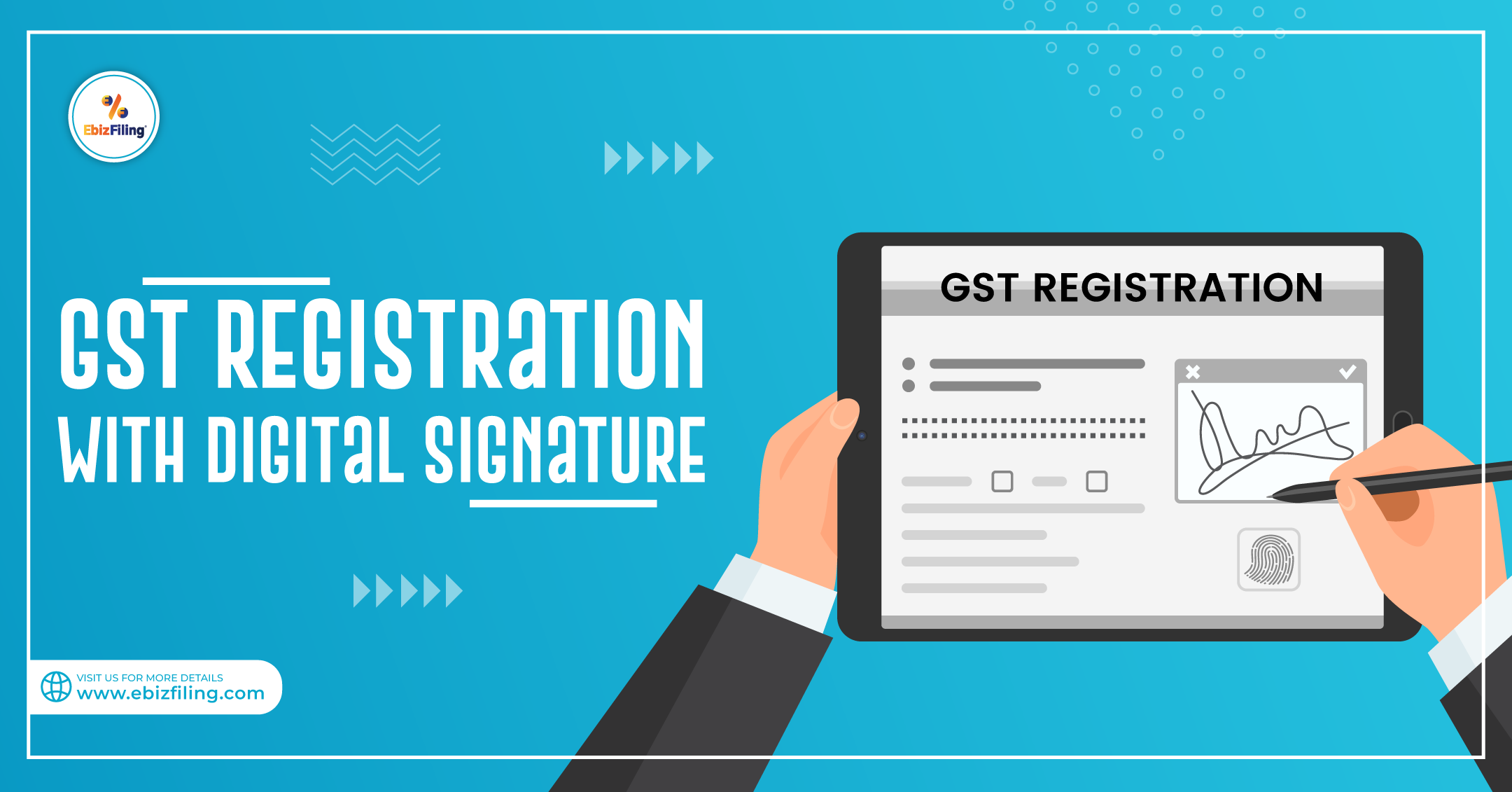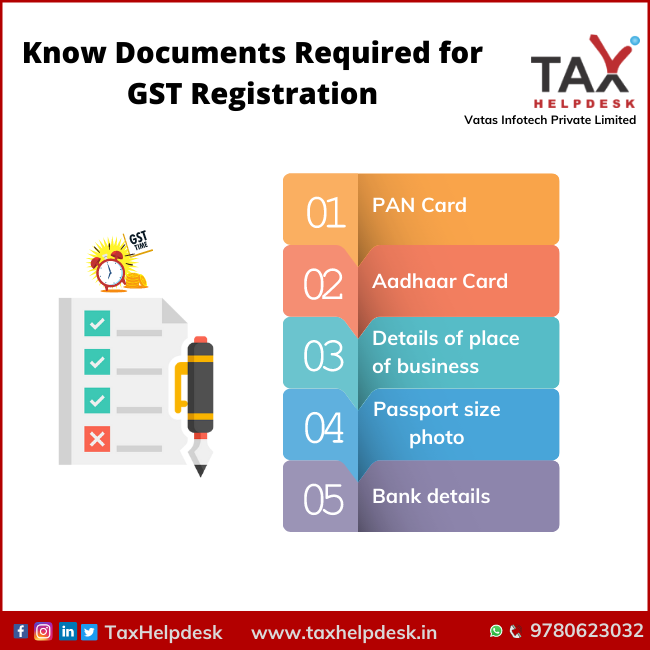Recognizing the Perks of Singapore GST Registration for SMEs
Recognizing the Perks of Singapore GST Registration for SMEs
Blog Article
The Ultimate Guide to Simplifying the GST Enrollment Process and Needs for Small Business Owners

Recognizing GST Essentials
To understand the principles of the Product and Services Tax Obligation (GST) system, little business proprietors must initially recognize its underlying principles and ramifications. Under the GST regimen, services are required to collect and register tax on part of the federal government, guaranteeing transparency and conformity.
One of the crucial principles of GST is input tax credit history, which permits businesses to claim credit report for tax obligations paid on their acquisitions. Understanding these standard concepts is essential for little service proprietors to browse the intricacies of the GST system and ensure compliance with the law.
Eligibility Criteria for Registration
Having established a foundational understanding of GST concepts, local business proprietors have to currently fulfill details qualification criteria to wage the registration procedure. In India, entities participated in the supply of items or solutions with a yearly accumulation turn over surpassing Rs. 40 lakhs (Rs. 10 lakhs for special classification states) are required to register for GST. Additionally, particular organizations such as those involved in inter-state supply of goods, informal taxed persons, and those needed to pay tax under the reverse cost device need to register for GST irrespective of their turnover. Services that were signed up under the previous tax regime (BARREL, service tax, and so on) are likewise mandated to register under GST. However, agricultural organizations that only supply generate out of primary manufacturing are exempt from GST registration. It is essential for local business owner to very carefully analyze their eligibility based on these standards to make certain conformity with the legislation and prevent any kind of charges for non-compliance.
Files Needed for GST Registration

Simplified Enrollment Refine Steps
Complying with the collection and confirmation of the requisite records, the registration process for GST can be browsed via a collection of simplified steps developed to assist in reliable compliance for small service proprietors. Upon effective confirmation, an Application Reference Number (ARN) is issued, indicating the completion of the GST registration process. By complying with these simplified actions, tiny organization proprietors can effectively register for GST and guarantee conformity with tax guidelines.
Tips for Ensuring Conformity
To maintain regulative adherence and operational integrity, persistent oversight and proactive measures are pivotal in guaranteeing compliance with GST needs for small company owners. Small company owners must remain upgraded with GST policies, filing target dates, and any type of changes in tax rates to stay clear of charges and maintain an excellent standing with tax authorities. One vital tip for check my site conformity is to maintain detailed and exact records of all purchases, consisting of billings, costs, and receipts associated with GST. Regularly integrating monetary records with GST returns can help in recognizing and rectifying any disparities immediately. Additionally, conducting periodic inner audits or seeking expert assistance can make sure that the business is complying with all GST regulations properly. It is likewise important for small company owners to purchase GST-compliant accounting software application that can improve the tax filing process and minimize mistakes. Going to GST recognition workshops or training programs can enhance understanding and compliance with GST laws, ultimately benefiting the service in the lengthy run.
Verdict
To conclude, tiny organization proprietors should comprehend the basics of GST, fulfill the qualification requirements, gather required documents, and follow the streamlined enrollment process actions to make certain conformity. By streamlining the GST enrollment process and requirements, little business owners can prevent charges and run their businesses efficiently within the legal framework - Singapore GST Registration. It is crucial for local business owners to remain certified and informed with GST guidelines to preserve a successful company operation
Small company proprietors looking for GST registration have to ensure they gather and send the necessary records to complete the registration procedure efficiently. The records required for GST enrollment usually include proof of business registration or unification, PAN (Irreversible Account Number) card of the company address, identification and entity proof of the promoters/partners/directors, photographs, address proof of the location of organization, bank account declarations or terminated cheques, and authorization types. Attending GST understanding workshops or training programs can boost understanding and conformity with GST regulations, eventually profiting the business in the long run.
By streamlining the GST enrollment process and requirements, little company proprietors can stay clear of penalties and operate their services efficiently within the legal framework. It is vital for tiny company proprietors to remain compliant and educated with GST laws to keep a successful More Bonuses company operation.
Report this page